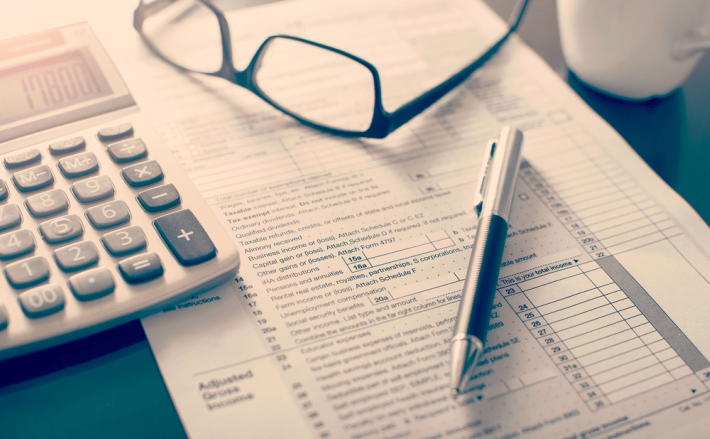Financial considerations before you move to Ireland
We outline all of the essential financial matters to get in order before you make the move to Ireland.
There are numerous financial matters involved in an overseas move that you’ll need to consider before you go. The Ireland Property Guide are on hand to offer invaluable advice about how to get your financial affairs in order, and how to ensure that you can afford the move that you dream of. Here are the key financial considerations to take into account…
Tax planning
It’s important to inform the Inland Revenue of your move in order to ensure that you are being taxed correctly, and to get a grasp on how the move affects your worldwide estate, in particular, your entitlement to your pension, and all other assets.
As each individual’s tax liabilities differ, we recommend seeking the guidance of a professional prior to setting off. They can help you:
- Establish when and how to notify HMRC of your imminent departure
- Determine your tax liabilities
- Know the best path for getting the most from your pension
- Understand how the Statutory Residence Test is likely to affect you
- Advise on UK tax returns and tax
- Give you the peace of mind that comes with knowing your affairs are in order
As each individual’s tax liabilities differ, we recommend seeking the guidance of a professional prior to setting off.
UK Inheritance Tax
Property is an important asset and this means that inheritance laws are something that need to be considered right off the bat. We recommend talking to an independent lawyer to draw up a will in Ireland that will help ensure the interests of you and your family are protected.

We recommend seeking guidance from a tax professional.
Financing your purchase
Before you can begin searching for your dream property, you need to establish exactly how you intend to make the purchase, i.e. from your savings, from the sale of your UK property, or through acquiring a mortgage.
If you are going to go down the mortgage route, we recommend speaking to a mortgage adviser prior to beginning your search, so that you know for sure that the mortgage is secured, and how much you’ll need for the deposit.
Once you’ve established how you’ll be financing your purchase, we recommend you to open a free, no-obligation account with our trusted currency partners, Smart Currency Exchange. You will be assigned your own personal trader, who will be able to outline the most cost-efficient ways of transferring your funds across to Ireland for the purchase.
Managing your pension
If you are currently receiving pension payments, you will need to consider how you’d like to continue receiving them. If you plan on remaining in the UK full time, and just visiting your Irish property for holidays, it makes sense to continue having your pension payments made into a UK account.Should you know for a fact that you’re relocating to Ireland on a permanent basis, and that you want to stay there, there are a couple of schemes that can grant you greater control over your savings, and reduce your tax bill. You should discuss the options of Qualifying Recognised Overseas Pension Schemes (QROPS) or a Self-Invested Personal Pensions (SIPP) and whether you qualify with an independent financial advisor. Click here to be put in touch today.
Insurance
It’s important that your new life and assets in Ireland are protected from the day that you arrive. As well as the property insurance that’s likely to be a condition of your mortgage, if you have one, you will also require contents insurance and car insurance, if you are planning on driving a vehicle. In addition, although Irish healthcare is fantastic, many expats opt to take out health insurance to cover any medical treatment they require.
Irish bank accounts can take several weeks to become operational, so you should plan your finances accordingly.
Opening a bank account
It’s possible to open an Irish bank account even if you plan on remaining resident in the UK. We recommend you to do so, as it will be much easier to pay your Irish utilities if you have an account in the country. All you will need to do is provide proof of address, ID, an employment reference, and proof of your transaction history back home.
If you’re relocating to Ireland permanently you will need to provide proof of address, residence status, and identification. It can prove easier to open an Irish account in person, so it might be something worth doing whilst you’re in Ireland viewing properties. Irish bank accounts can take several weeks to become operational, so you should plan your finances accordingly.
For a full run down of all financial considerations you need to take into account when planning a move to Ireland, download your free copy of the Ireland Buying Guide today.

The Property Buyer’s Guide to Currency will help you:

